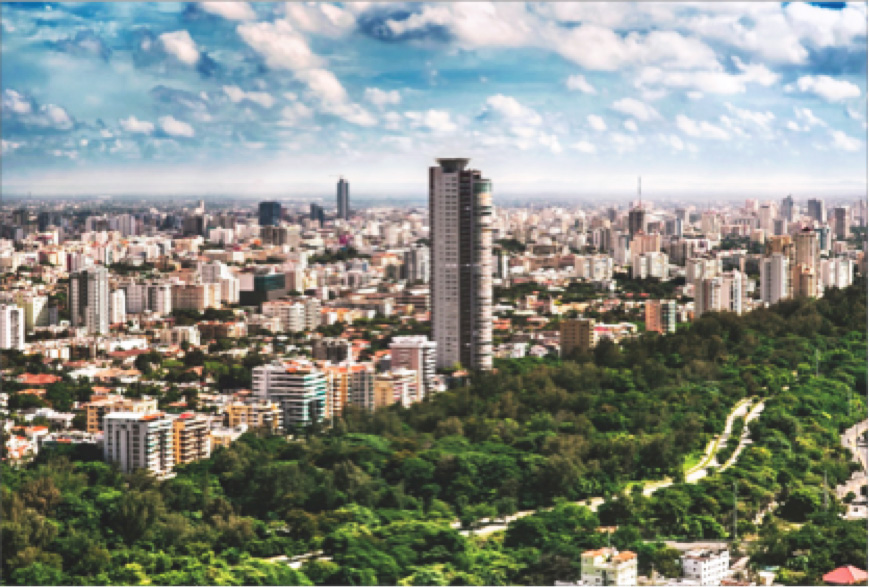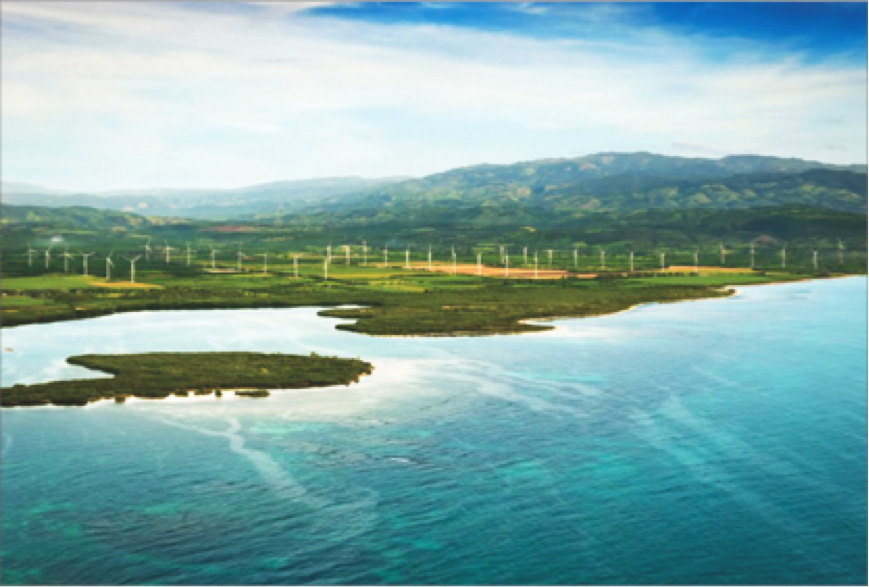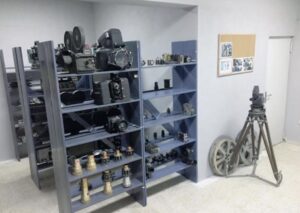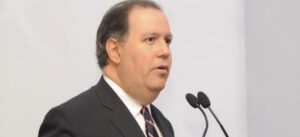VICINI has played an increasingly important role in the economy of the DR since the end of the Trujillo dictatorship in the early 1960s, yet is relatively unfamiliar to the international business community. Perhaps we should begin with an outline of VICINI’s activities, starting with its definition of ‘asset management’. How does VICINI’s strategy of managing, rather than owning assets, and its relationships with ‘affiliated managers’ work in practice?
We define our concept of asset management straightforwardly: we provide the service of investing on behalf of clients for a fee and with a share in the value that is generated. However, what makes us unique is our very long-term investment strategy and the execution of this strategy through our affiliated managers. The affiliates have developed a distinctiveness and managerial know-how specific to and relevant to the industries in which they are involved. In a sense we are generalists and they are specialists. Furthermore, the firm’s partners are invested in the products that we sell to our clients, so we basically “put our money where our mouth is.”
VICINI is pursuing a strategy of diversification, both geographically and by sector, across the ‘NOLA’ (Northern Latin America) region. What are the firm’s key criteria when identifying and assessing investment opportunities, and which countries and sectors offer the most promising potential for growth over the medium term, in your view?
We look for long-term value generation and adequate partners with distinctiveness in the key sectors we have identified and will continue to identify. In the mid- term, Colombia, Guatemala, Panama, the Dominican Republic and Cuba should drive growth and value generation in the region. However, we believe the entire region will have multiple alternatives for investments and value generation for years to come.
The sectors that we understand will lead value creation will gravitate around energy, financial institutions, capital markets, the food and beverage industry and those which preserve the industrial base in Latin America in relation to big international players like the United States, China, Turkey and others.
The Dominican Republic is heavily dependent on oil imports to generate power. Do you believe that renewables can play a significant role in the country’s energy matrix? How attractive do you think this sector could be to international investors?
We do believe renewables will play a great part in the sustainable growth of the Dominican economy and that is why we have invested in wind and biomass generation, and will continue to invest in other renewables in the foreseeable future.
As of today, most of the electricity generation in the country is done by companies with foreign capital, either through a direct investment or through the association with a local partner.
You worked in the international film industry until the mid 1990s and the firm retains a link to the film industry through Lantica Media. What bearing does your experience in the entertainment industry have on your approach to managing VICINI? And what makes Lantica Media such a key asset for the firm, and for the country?
More than the film industry, what really prepared me for managing this firm were the values, management style and long-term vision instilled in me by my father and uncles, as was the case for the generations that came before them.
More than Lantica Media, the Dominican Republic has a great opportunity to create a whole new industry from scratch. We have witnessed the creation and strengthening of the tourism and free trade zone sectors, which went from being non-existent a couple of decades ago to currently being one of the main pillars of the Dominican economy. Our country, with its many microclimates, great infrastructure, and a very competitive law, has a once in a generation opportunity to create another driver of wealth, job creation and economic development.
The Dominican Republic has long been an advocate of greater regional cooperation, starting with its immediate neighbour, Haiti. What role is VICINI playing in promoting initiatives such as the Quisqueya Economic Binational Council, and what more can be done to help make the impoverished border area a source of employment and economic benefit for both countries?
The Dominican Republic and Haiti have a history of collaboration, cooperation and partnership. In fact, Haiti is the DR’s most important commercial partner, after the United States. The Quisqueya Binational Economic Council is an initiative led by a partner in the Firm, who along with prominent Haitian and Dominican businessmen, are promoting the Council as the means through which important and necessary investments should be made to foster the creation of jobs, the generation of wealth and opportunities in the border area. We believe that a strong and well developed border area will contribute to create economic and social stability for both nations.
Source: First Magazine




